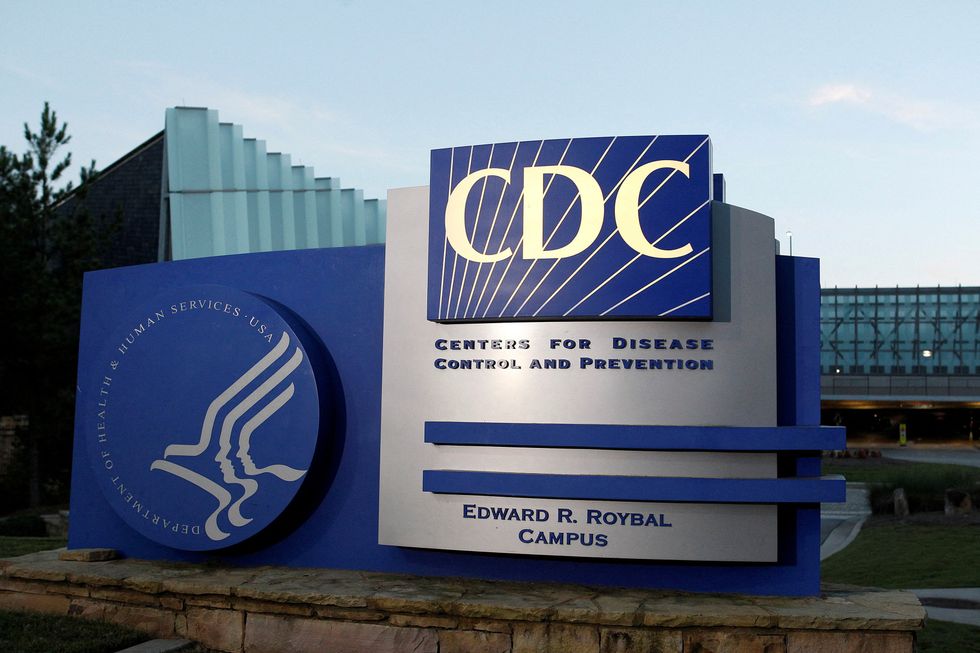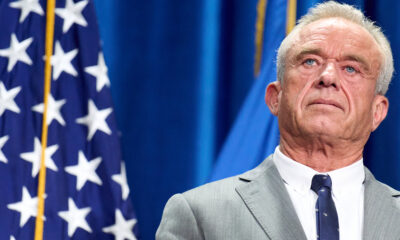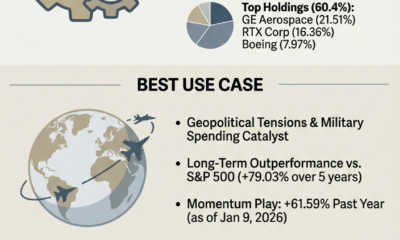Science
Trump Appointee Targets CDC, Sparking Concerns Over Public Health

The appointment of Robert F. Kennedy Jr. as Secretary of Health and Human Services under former President Donald Trump has raised alarms regarding the future of the Centers for Disease Control and Prevention (CDC). Critics argue that Kennedy is attempting to destabilize this key public health institution, potentially turning it into a platform for unproven and controversial theories surrounding vaccines and disease management.
Kennedy’s recent actions and statements have sparked significant concern among public health experts. He has previously characterized the COVID-19 pandemic as a “plandemic,” alleging that it was orchestrated by the pharmaceutical industry to boost profits, with the CDC acting as a facilitator. This perspective follows a pattern of unfounded conspiracy theories that Kennedy has promoted, including claims that the U.S. defense industry orchestrated the September 11 attacks to sustain arms sales.
In testimony before the U.S. Senate, Kennedy asserted that he dismissed Susan Monarez from her position as CDC director after just four weeks because she allegedly could not be trusted. Monarez, who holds a doctorate in immunology and microbiology, has a robust background in infectious disease research. Observers suggest that the real reason for her dismissal may have been her unwillingness to align with Kennedy’s controversial viewpoints on vaccines.
Kennedy’s replacement for Monarez, Jim O’Neill, holds a master’s degree in the humanities and has been noted for advocating the use of ivermectin, a drug primarily used to treat parasitic infections, as a treatment for COVID-19. This has raised eyebrows among medical professionals, as there is no substantial scientific backing for its use against the virus. O’Neill’s stance reflects a growing trend of promoting unverified treatments, raising questions about the safety and efficacy of such approaches.
The implications of Kennedy’s leadership extend beyond the CDC. His views on vaccines, including claims that they are unsafe and ineffective, may influence public opinion and vaccination rates. Recent social media posts by Trump have echoed these sentiments, stating, “They’re ALL poison. Every. Single. One.” Such rhetoric from prominent leaders could deter individuals from seeking vaccines, further complicating public health efforts.
The ramifications of these developments are significant. Many dedicated CDC employees, who have committed their careers to advancing public health, may feel pressured to conform to a narrative that contradicts established scientific consensus. The potential for a shift away from evidence-based practices in favor of unverified theories poses a serious risk to public health initiatives.
The current landscape reveals a troubling trend in which key governmental agencies, including the CDC, are influenced by individuals who prioritize personal beliefs over scientific evidence. In a climate where misinformation can lead to dire consequences, the need for integrity in health leadership is paramount.
As the situation unfolds, the broader community must remain vigilant. The decisions made within the CDC and similar institutions will have lasting impacts on public health for years to come. The question remains: can the agency uphold its commitment to science and public welfare in the face of such challenges? The ongoing developments signal a pivotal moment for health policy and governance in the United States.
-

 Science2 weeks ago
Science2 weeks agoNostradamus’ 2026 Predictions: Star Death and Dark Events Loom
-

 Technology1 month ago
Technology1 month agoOpenAI to Implement Age Verification for ChatGPT by December 2025
-

 Technology6 months ago
Technology6 months agoDiscover the Top 10 Calorie Counting Apps of 2025
-

 Health4 months ago
Health4 months agoBella Hadid Shares Health Update After Treatment for Lyme Disease
-

 Health4 months ago
Health4 months agoAnalysts Project Stronger Growth for Apple’s iPhone 17 Lineup
-

 Health4 months ago
Health4 months agoErin Bates Shares Recovery Update Following Sepsis Complications
-

 Technology4 months ago
Technology4 months agoElectric Moto Influencer Surronster Arrested in Tijuana
-

 Technology5 months ago
Technology5 months agoDiscover How to Reverse Image Search Using ChatGPT Effortlessly
-

 Technology6 months ago
Technology6 months agoMeta Initiates $60B AI Data Center Expansion, Starting in Ohio
-

 Technology6 months ago
Technology6 months agoRecovering a Suspended TikTok Account: A Step-by-Step Guide
-

 Education4 months ago
Education4 months agoHarvard Secures Court Victory Over Federal Funding Cuts
-

 Technology2 months ago
Technology2 months agoDiscover 2025’s Top GPUs for Exceptional 4K Gaming Performance





















